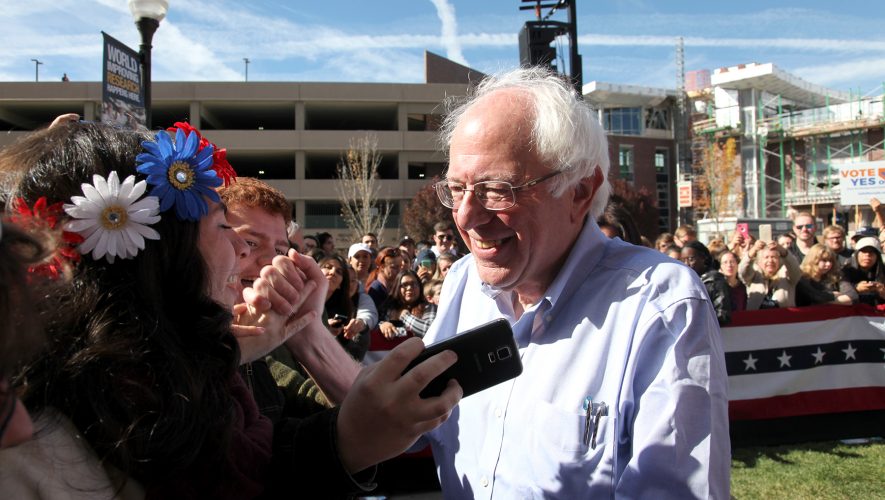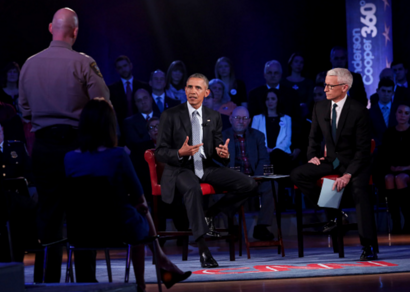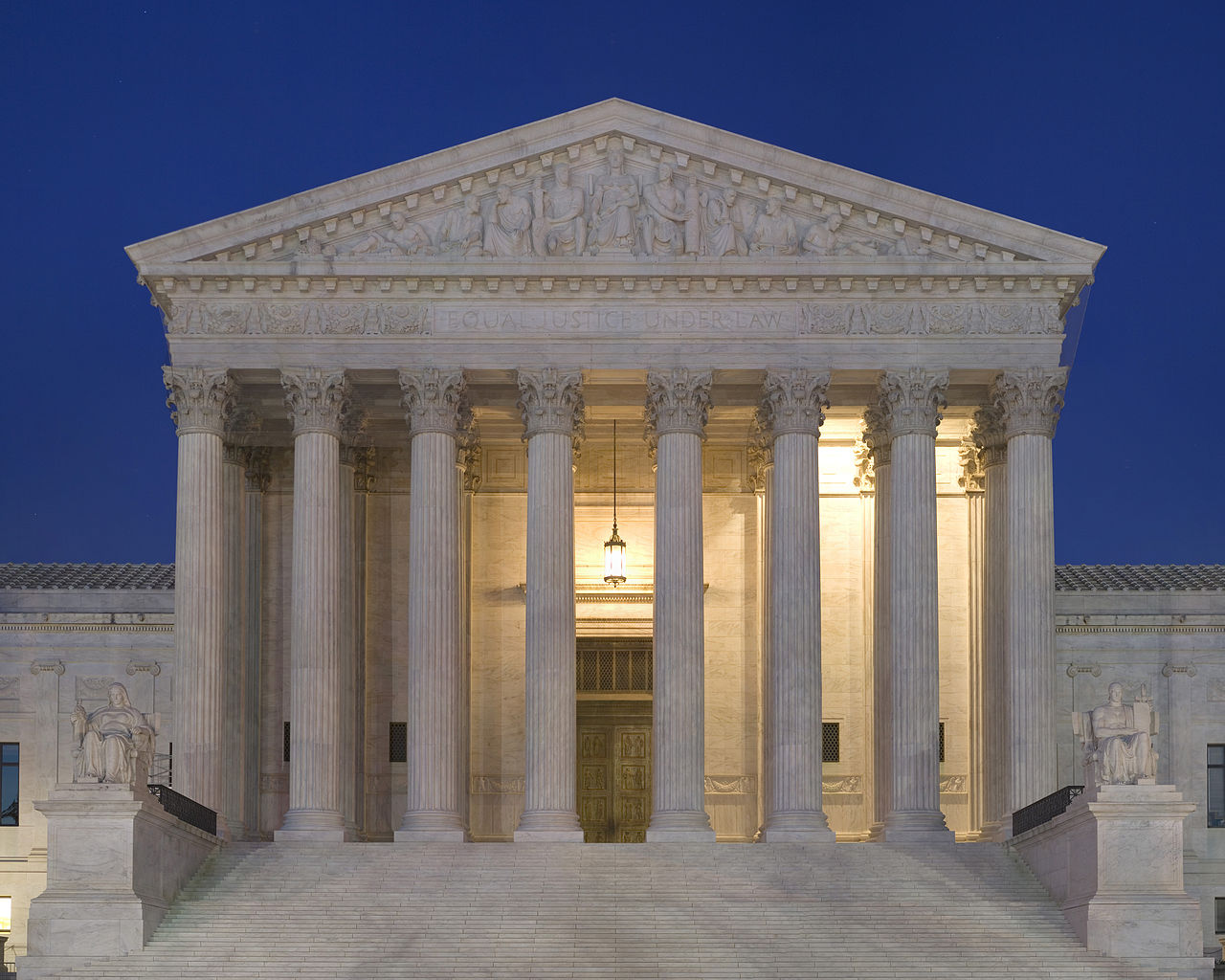The ubiquity of the term “OK Boomer” comes at a time of heightened generational contempt within the Democratic electorate of the United States. Similar to Pepe the Frog’s influence on the 2016 elections, the phrase may impact outcomes in 2020 and have real implications for social and political structure.
Pepe the Frog demonstrated the influence internet culture and memes can have on social and political sentiment offline in 2016, when then-candidate Donald Trump retweeted an image of himself depicted as the anthropomorphic cartoon frog with the slogan “Can’t Stump the Trump,” in effect endorsing the meme and the ideas it represented. In response, Hilary Clinton’s campaign posted an explainer, denouncing Pepe as a neo-Nazi and white nationalist symbol.
Pepe allowed a cohort of right-wing extremists to rally around a collective sentiment in 2016 that was legitimized and endorsed by Donald Trump. “OK Boomer” doesn’t have the same endorsement from prominent politicians that Trump gave Pepe, but the ability of young people to come together around the antiquated ideals that the meme effectively calls out can parallel 2016 events on the other side of the political spectrum.
Although “OK Boomer” as a memetic phrase varies distinctly both from Pepe’s format and symbolic meaning, the term could influence outcomes in 2020. It not only reflects pre-existing sentiment of a generational rift, but also deepens it.
A “boomer” in this context is anyone with antiquated ideas in opposition to the progressive stance that many “zoomers”—the Gen Z foil to the baby boomer generation—tend to take. It is a sarcastic response dismissing anyone with outdated ideas, indicating that they are out of touch with progress and change.
“‘OK Boomer’ is a reflection of a generational divide between Gen Z (age 7–22) and baby boomers (age 55–75), but then, as it becomes codified through this shorthand joke, it influences culture and you see all these think pieces now about how it’s equivalent to ageism,” explains Ryan Milner, an assistant professor of communications at the College of Charleston and author of the 2016 book The World Made Meme. “That can maybe further exacerbate this generational divide or make it more pointed, because now we have a label for it and we have a thing to point to that exemplifies it.”
Brandon Epstein, a fourth-year mathematics major at the Massachusetts Institute of Technology and creator of the Facebook meme page “MIT Memes for Genetically Modified Beans” adds that, “‘Boomer’ is not an age. ‘Boomer’ is a mindset. And the fact that the term has been brought in to indicate a particular set of sentiments and viewpoints, and the fact that the meme is not localized to the phrase ‘OK Boomer’ or to any particular usage thereof, I think that adds a lot more mutability to it.”
“OK Boomer” is one example of how memes not only reflect tangible social sentiment, but also shift conversation and dialogue around shared feelings as more and more young people adopt the term in their daily speech. In this case, assigning a distinct phrase to a tangible shift in sentiment can heighten division between boomers and zoomers.
A 2019 poll by the Harvard Kennedy School Institute of Politics found that the generational conflict between Gen Z or millennial voters and baby boomers is growing. Only 16 percent of 18-to-29-year-olds agreed that elected officials of the boomer generation care about young people and their needs.
A February poll of Democratic voters found that 27 percent of seniors aged sixty-five and older supported Joe Biden, while only six percent of voters under thirty-four supported him. As for the other moderate favorite, Pete Buttigieg’s support among voters aged 18–34 was on par with Biden at six percent, with voters aged 50–64 making up the largest cohort of support at 16 percent (Buttigieg has since exited the race). Bernie Sanders, on the other hand, had support from a striking 54 percent of voters under thirty-four and only eight percent among those sixty-five and older.
Just like Pepe incited partisan division in 2016, the phrase may incite generational division at a time of already-heightened alienation across demographic groups, especially within the Democratic Party, as zoomers and millennials tend to lean further left. This lack of unity helped Trump to win in 2016 and makes his re-election increasingly likely.
While the generational divide impacts both political parties, it runs deeper on the left, as more zoomers identify as liberal but are less likely to identify as Democrats. Gen-Z voters tend to skew further left than their older Democratic counterparts, so much so that some predict support for the formation of a third major party in the next few years. Despite the structural barriers preventing a shift away from the two-party system, 71 percent of millennials think that a third major party is needed, according to an NBC News/GenForward poll.
On the flipside, young voters could lead the Democratic Party to victory, depending on the party’s nominee. With Gen Z and millennial voters together comprising the largest sector of the electorate at 37 percent, Democrats can’t win without youth support. So if a candidate with little youth support is nominated, “OK Boomer” might just be the response. But if their overwhelmingly popular candidate of choice—Bernie Sanders—is the nominee, turnout from younger voters could push Trump out of office. The ability of the phrase to mobilize young people to recognize a common enemy in outdated attitudes and ideals works to determine collective support and disdain. This young cohort could determine everything.
Younger voters and older voters are divided on who to endorse for 2020. These numbers are strikingly similar to voting data before the 2016 elections where zoomers and boomers disagreed on whether to support Sanders or Clinton.
With the same mobilizing force as Pepe in 2016, calling out the boomer is a beacon of collective culture in the ultimate pursuit of change.
Representation and sentiment go hand in hand. “OK Boomer” is the social response to what’s happening socially and politically, two largely intertwined facets of American life. As the spread of memetic imagery and public sentiment are closely related, a feedback loop is created when memetic phrases rally likeness, unity, and a desire to be heard, which in turn influence viral memetic content.
“You have a divide which influences the meme, which causes people to respond to the meme, which then can influence the divide and it goes around in a circle,” explains Milner. “It’s definitely a snowball.”



